
Ramesh Damani, popularly known as the Nawab of Dalal Street for his astute investing sense, has a number of quirks.
First, he doesn’t invest in Pharma stocks even though they have been massive wealth creators for the past several years.
Second, he does not invest in banking stocks. This, he revealed a few weeks ago.
Now, Ramesh Damani has dropped a bombshell by declaring that he is not convinced by the business model followed by Micro-finance institutions like SKS Microfinance, Equitas Holding, Ujjivan Financial, etc. He pointed out that the concept of borrowing from regular bankers and lending to (low income class) borrowers did not make business sense. He hinted that as the borrower may not be an entrepreneur who is able to churn out high income, the risk of NPAs is high.
His precise words:
“… my problem with the microfinance area is that first you are borrowing money from the regular bankers and selling it at a higher rate which of course doesn’t make sense as a business model to me. If you see the peer-to-peer landing platforms in America they have all been now under pressure. Secondly, what microfinance assumes is that every person that you lent money to is an entrepreneur that he can go out and give you a return on capital so there will be a very low amount of non-performing debts. My personal sense and I could be completely wrong that this is better left in the NGO sector and the social sector rather than the stock market the idea that every entrepreneur take money and return it back at a higher rate of interest doesn’t make imminent sense to me.”
It may be recalled that a similar concern was expressed by Daljeet Kohli. Daljeet bluntly said that “I do not like this business model of going into microfinance because mainly my concern is that these deals with very poor people and therefore there is always a very high risk of political intervention from various political parties.”
Parag Jariwala and Vikesh Mehta of Religare Institutional Research, have issued a mammoth report running into 191 pages in which have painted a grim picture about the entire micro-finance sector.
The duo claim that aggressive competition amongst MFIs and ambitious growth targets means that the MFIs are lending to anyone and everyone who walks up to their door with no regard to the risks involved or the potential of the borrower to repay the loan.
The report has conducted a detailed study of crises situations that happened in the past in other countries like Bolivia, Nigeria, Pakistan, Bosnia, Nicaragua, Morocco as well as in Andhra Pradesh and Karnataka.
The bottom line of the report is that micro-finance stocks should not be touched with even a barge pole.
However, the stock market is not taking any heed of the caution administered by Ramesh Damani or the other experts.
As one can see from the chart below, Micro-finance stocks have notched up impressive gains. Equitas Holding and Ujjivan Financial, the two microfinance stocks that made their debut in April and May 2016 have really sparkled. In fact, Ujjivan hit the upper circuit of 20% today before retreating a bit.
| Stock | Market Cap (Rs Cr) | YoY Return (%) |
| SKS Microfinance | 8,659 | 50 |
| Equitas Holding* | 4,685 | 52* |
| Ujjivan Financial@ | 3,875 | 58@ |
| Capital Trust | 644 | 84 |
*Listed on 21.04.2016. Issue price was Rs. 110 per share.
@Listed on 10.05.2016. Issue price was Rs. 210 per share.
Cheer for Ujjivan IPO investors as wealth doubles in less than a monthhttps://t.co/bag53VV0lN
— NDTV Profit (@NDTVProfit) June 3, 2016
Ujjivan up 90% since listing; Equitas up 70%. #justsaying
— Ira Dugal (@dugalira) June 3, 2016
What sparked Ujjivan’s surge is the bullish statements by the management that there is a huge demand for microfinance and that the sector will be aided by the strong monsoon.
Ujjivan Finance: Huge demand for mirofinance as several regions are unbanked. Sectors like low cost housing are seeing good demand.
— ET NOW (@ETNOWlive) June 3, 2016
Now, we have to keep a watch on whether Ramesh Damani’s ominous warning comes true or he is proved wrong!
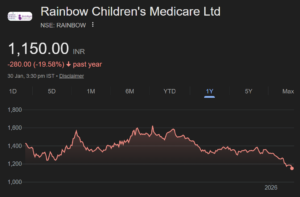
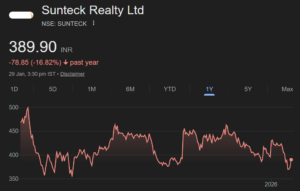
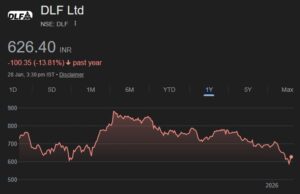
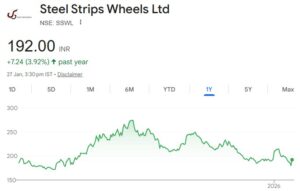
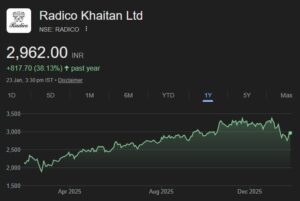
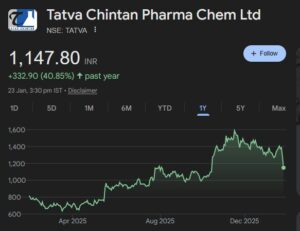
RD has little exposure to rural communities in India. His views about micro finance are biased and lack depth. I completely disagree with him and challenge him to visit villages and see for himself rather than forming biased views by reading reports filled with international case studies.
It is well understood that most of our rural population does not get any loans from banks. Informal space rules the roost and it is very common that they are borrowing at 4 to 5% per month interest rates. This is shark lending and recently big call money rocket was unearthed in Andhra. They are paying the price for throwing out micro fin guys. Scores of lenders exploitation cases reported.
In such an hostile environment, micro finance guys are giving loans at the rate 2% per month which everyone agrees that it is not a bad deal for borrowers for unsecured lending. These micro fin guys are able to reach remote villages and are offering loans where banks treat such territories and loan seekers with contempt.
Infact govts should encourage these players. As it is a retail lending and very small ticket loans for each customer, the risks of defaults would not pinch the lender.
I dont wish to comment on Mr Damani but I also believe Micro finance sector is really doing well and its important to scout for companies who have a rational lending policy for villages and where there is a scope of financial inclusion. Banks are not really able to reach them while NBFCs are much more aggressive to reach out to them and capture in a short span of time.
Borrowing cost is low and returns very high then what is the issue.
Villagers dont even an alternative means of finance and MFI are doing a good job towards the development of country.
So its a win win situation for all.
While the concept of micro finance is very great but execution is extremely difficult particularly in Indian context with all sorts of political intervention like banning surge pricing for taxi aggregators and air travel and what not. Govt feels it as their divine right to charge surge pricing in the form of dynamic pricing at IRCTC/Indian Railways. But will pounce on any businessmen / entrepreneur for the same thing.
Is he really invested in HCL infy ? his name is not there in the shareholding list.